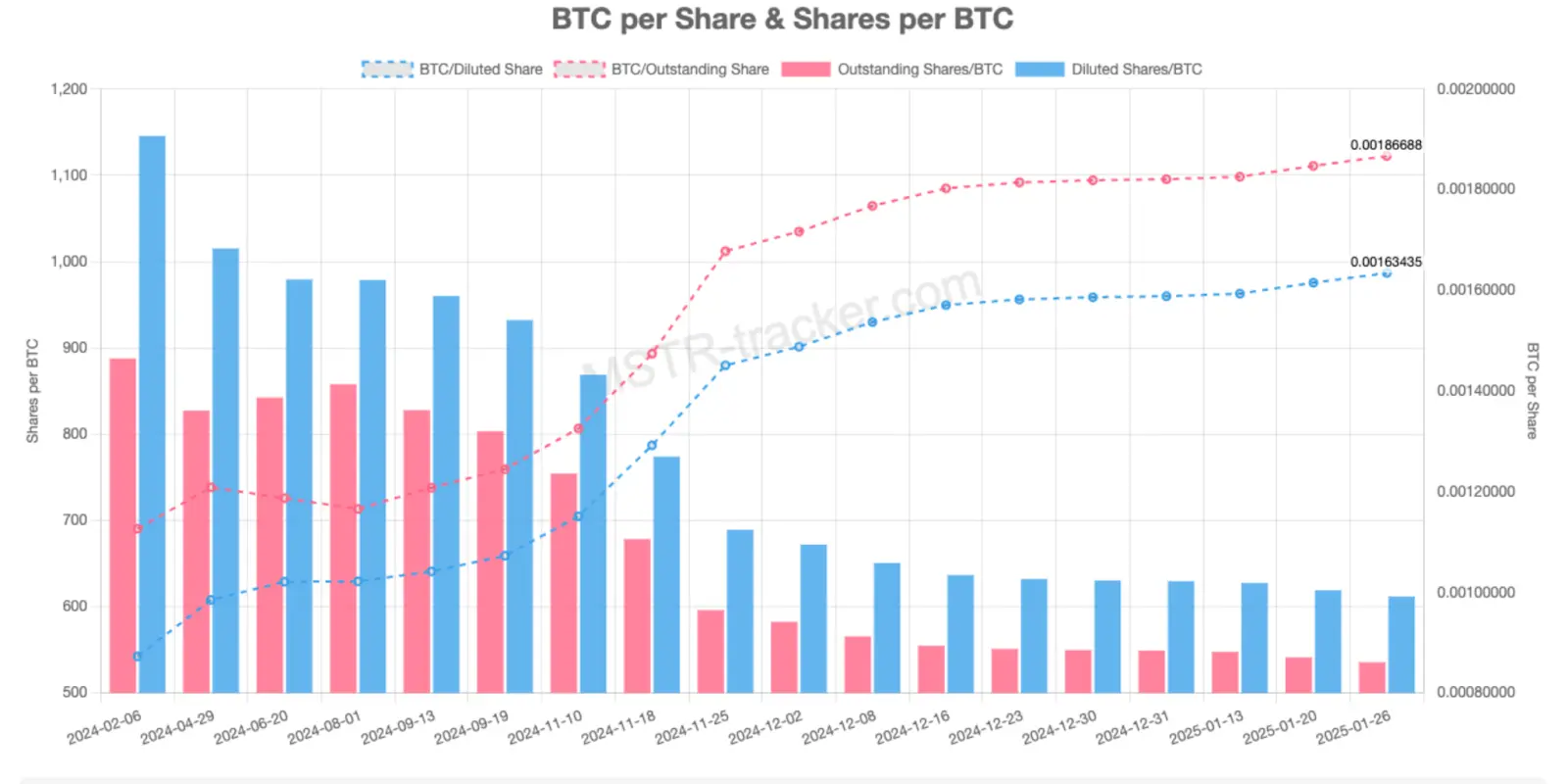5 February 2025
Updated 6 February
Updated 6 February
0 0
Over 70 Companies Now Hold Bitcoin on Their Balance Sheets
Corporate treasuries are facing challenges due to inflation, devaluation of fiat currencies, and low interest rates. A shift towards using BTC as a reserve asset is underway.
BTC as a Corporate Reserve Asset
- Corporations traditionally held cash reserves for stability.
- Michael Saylor of MicroStrategy compares cash to a melting ice cube due to its diminishing purchasing power.
- Bitcoin offers fixed supply, global liquidity, and potential upside.
- Since 2020, MicroStrategy has acquired 257,000 BTC, transitioning into a quasi-BTC bank funded through convertible debt and equity.
- Shareholders gain exposure to BTC via MicroStrategy's stock $MSTR.
Key Metrics: BPS and BTC Yield
- Bitcoin per share (BPS) indicates the number of BTC held per outstanding share, reflecting indirect BTC exposure.
- BTC yield measures the percentage change in BPS over time, indicating acquisition efficiency.

The Corporate Supercycle
- Over 70 publicly traded companies now hold BTC, including Tesla and Coinbase.
- This trend signifies a transformation in creating shareholder value.
- Regulatory changes support this shift:
- SAB21's reversal enhances BTC's utility for custody services.
- FASB's accounting changes allow companies to recognize BTC appreciation in earnings.
- The proposed Bitcoin Act 2024 signals institutional acceptance.
- Companies can achieve earnings growth through strategic BTC accumulation.
- This reflects classic investment principles of generating current returns while reinvesting capital.
A new era in corporate finance is emerging, emphasizing digital scarcity and unique asset properties that offer opportunities for value creation and preservation. Early adopters may significantly benefit from these changes.